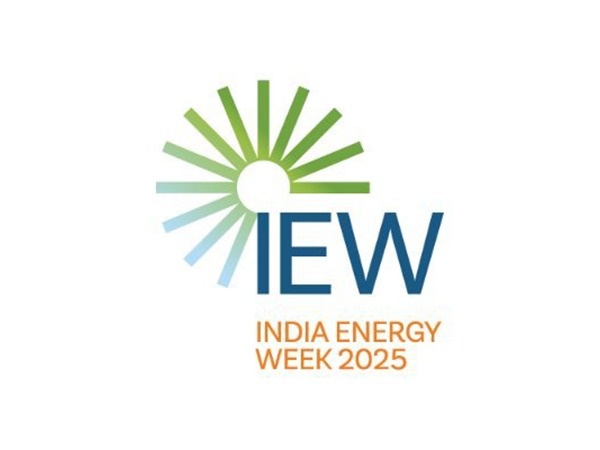During the India Energy Week 2025, the nation solidified its commitment to energy security, diversification, and innovation by signing several strategic agreements and Memoranda of Understanding (MoUs). Union Minister of Petroleum and Natural Gas, Hardeep Singh Puri, highlighted these developments during a press conference, underscoring their importance in building a resilient and sustainable energy future for India.
In the biofuels sector, Bharat Petroleum Corporation Limited (BPCL) joined hands with the National Sugar Institute (NSI), Kanpur, to advance the production of bioethanol derived from sweet sorghum. NSI, a leader in sugar and allied industries, has successfully demonstrated the viability of sweet sorghum for bioethanol production at its facility. BPCL’s collaboration with NSI will focus on scaling up production systems, training farmers, and engaging value chain partners. The partnership also aims to pilot juice-based bioethanol production and assess cost efficiencies.
To diversify its crude oil imports, BPCL signed an optional term contract with Brazil’s Petrobras, securing the potential to import up to 6 million barrels of crude. In a significant move toward a natural gas-based economy, Indian Oil Corporation Limited (IOCL) and Abu Dhabi National Oil Company (ADNOC) inked a USD 7 billion deal to supply 1.2 million metric tons per annum (MMTPA) of LNG for 14 years, starting in 2026. Additionally, BPCL signed a five-year LNG offtake agreement with ADNOC for 2.4 million metric tons (MMT), with an option to extend for another five years.
Expanding India’s role as a regional energy supplier, IOCL entered into its first LNG export agreement with Nepal’s Yogya Holdings, ensuring the annual delivery of 1,000 metric tons (TMT) of LNG via cryogenic trucks through the Dhamra Terminal in Odisha.
On the technical front, Oil and Natural Gas Corporation (ONGC) selected BP as the Technical Services Provider for the Mumbai High field, India’s largest offshore oilfield. BP will conduct a thorough review of the field’s performance, implement advanced technologies, and work to stabilize and boost production. Engineers India Limited (EIL) also signed an MoU with BP Business Solutions India Pvt. Ltd. to collaborate on refining, pipeline operations, and emission reduction technologies.
In offshore exploration, ONGC Videsh Ltd. and Petrobras signed an MoU to jointly pursue upstream oil and gas projects in Brazil, India, and other countries, focusing on trading, low-carbon solutions, and digitalization. Oil India Limited and Petrobras also agreed to explore hydrocarbon opportunities in India’s deep and ultra-deep offshore basins, aligning with the government’s Hydrocarbon Exploration and Licensing Policy.
India’s push toward clean energy saw BPCL partnering with Israel’s Eco Wave Power to establish the country’s first wave energy pilot project in Mumbai, utilizing wave energy converter technology. Additionally, BPCL signed an agreement with Equinor India Pvt. Ltd. for the purchase of LPG (propane and butane), further strengthening hydrocarbon trade.
Minister Puri emphasized that these agreements reflect India’s dedication to securing affordable, sustainable, and diversified energy supplies while fostering global partnerships in innovative energy solutions. These collaborations are expected to play a pivotal role in achieving India’s energy transition goals and building a robust and resilient energy ecosystem.
For detailed information and further insights, please refer to BioEnergyTimes.com, which provides the latest news about the Biomass Industry















